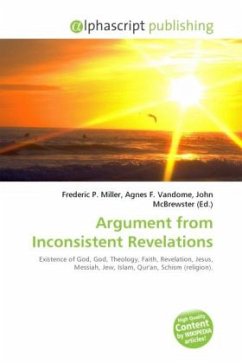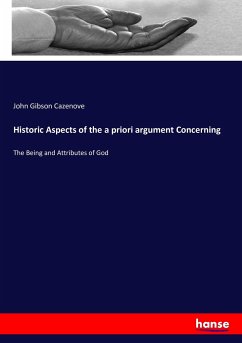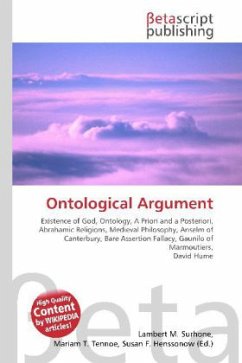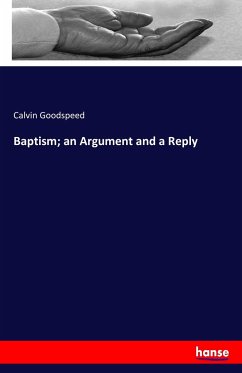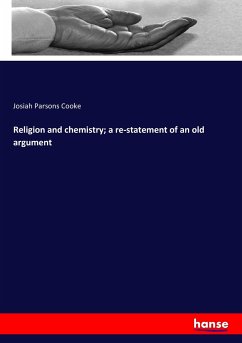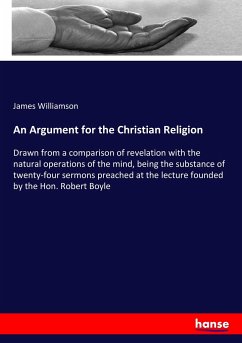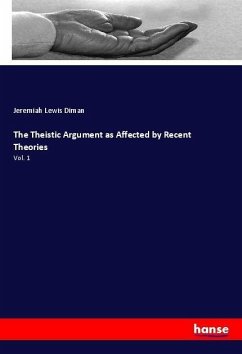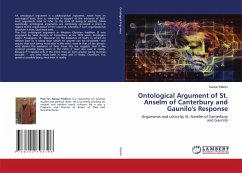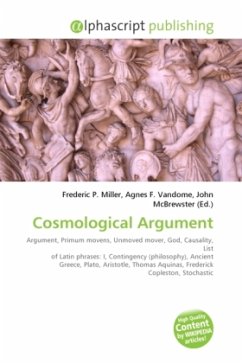
Cosmological Argument
Versandkostenfrei!
Versandfertig in 6-10 Tagen
39,99 €
inkl. MwSt.

PAYBACK Punkte
20 °P sammeln!
The cosmological argument is an argument for the existence of a First Cause (or instead, an Uncaused cause) to the universe, and by extension is often used as an argument for the existence of an "unconditioned" or "supreme" being, usually then identified as God. It is traditionally known as an argument from universal causation, an argument from first cause, the causal argument or the argument from existence. Whichever term is employed, there are three basic variants of the argument, each with subtle yet important distinctions: the arguments from causation, in esse and in fieri, and the argumen...
The cosmological argument is an argument for the existence of a First Cause (or instead, an Uncaused cause) to the universe, and by extension is often used as an argument for the existence of an "unconditioned" or "supreme" being, usually then identified as God. It is traditionally known as an argument from universal causation, an argument from first cause, the causal argument or the argument from existence. Whichever term is employed, there are three basic variants of the argument, each with subtle yet important distinctions: the arguments from causation, in esse and in fieri, and the argument from contingency. The basic premise of all of these is that something caused the Universe to exist, and this First Cause must be God. It has been used by various theologians and philosophers over the centuries, from the ancient Greek Plato and Aristotle to the medieval St. Thomas Aquinas and the 20th century Frederick Copleston.



